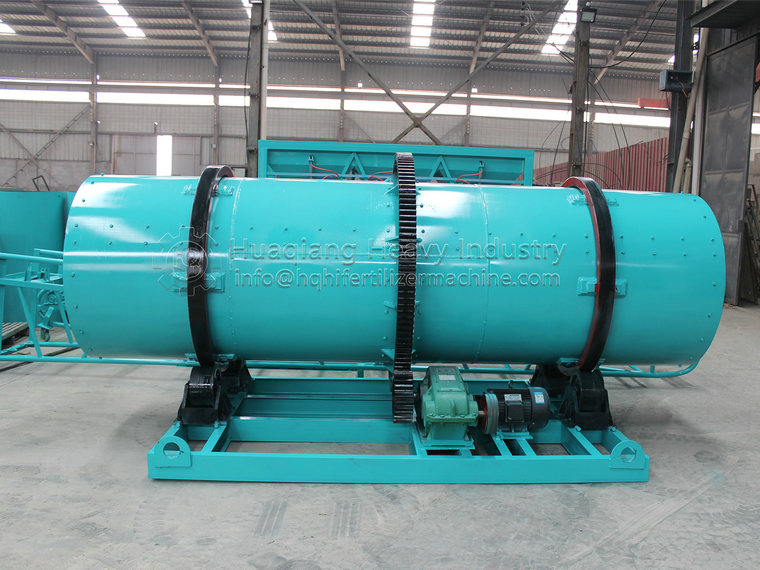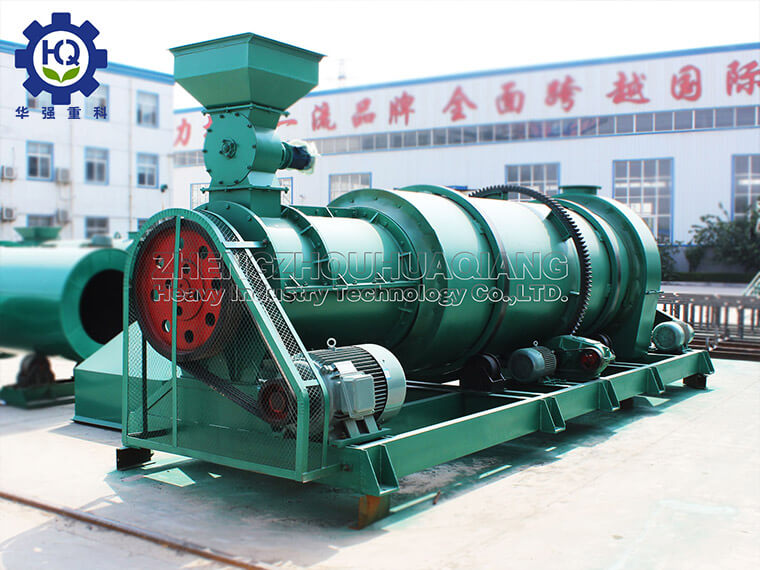In recent years, with the increasingly strict environmental requirements and the deepening of the concept of green agricultural development, the organic fertilizer production line industry has ushered in a period of rapid development. Technological innovation is undoubtedly the core driving force behind the continuous progress of this industry.
In terms of raw material processing technology, new crushing equipment is constantly emerging. These devices adopt advanced tool design and power systems, which can more efficiently crush various tough organic materials such as crop straw, tree branches, etc. into small particles, greatly improving the efficiency of subsequent fermentation. At the same time, the application of intelligent ingredient systems enables various raw materials to be mixed in precise proportions, ensuring the balance of organic fertilizer nutrients.
Fermentation technology is a key link in organic fertilizer production lines and a key area of technological innovation. Nowadays, some companies have developed new fermentation processes that significantly shorten the fermentation cycle and improve fermentation quality by precisely controlling parameters such as temperature, humidity, and oxygen content. For example, using high-temperature aerobic fermentation technology can not only quickly decompose organic matter, but also effectively kill harmful bacteria and insect eggs, producing safer and higher quality organic fertilizers.
The granulation technology has also made significant progress. The traditional granulation method may encounter problems such as uneven particles and insufficient strength, while the new granulation equipment can produce particles with regular shapes, moderate hardness, and smooth surfaces by improving mold design and molding processes. These particles are not easily broken during storage and transportation, which is beneficial for maintaining fertilizer efficiency.
In addition, the widespread application of automation control technology in organic fertilizer production lines has greatly improved production efficiency and product quality stability. Operators only need to monitor and adjust various parameters of the entire production process in real-time through computers or mobile terminals in the control room, achieving intelligent and unmanned operation of the production process, reducing manual errors and labor intensity.
With continuous technological innovation, organic fertilizer production lines will become more efficient, environmentally friendly, and intelligent. This will not only help promote the vigorous development of the organic fertilizer industry, but also provide solid technical support for the green and sustainable development of agriculture in China.


.jpg)


.jpg)


.jpg)